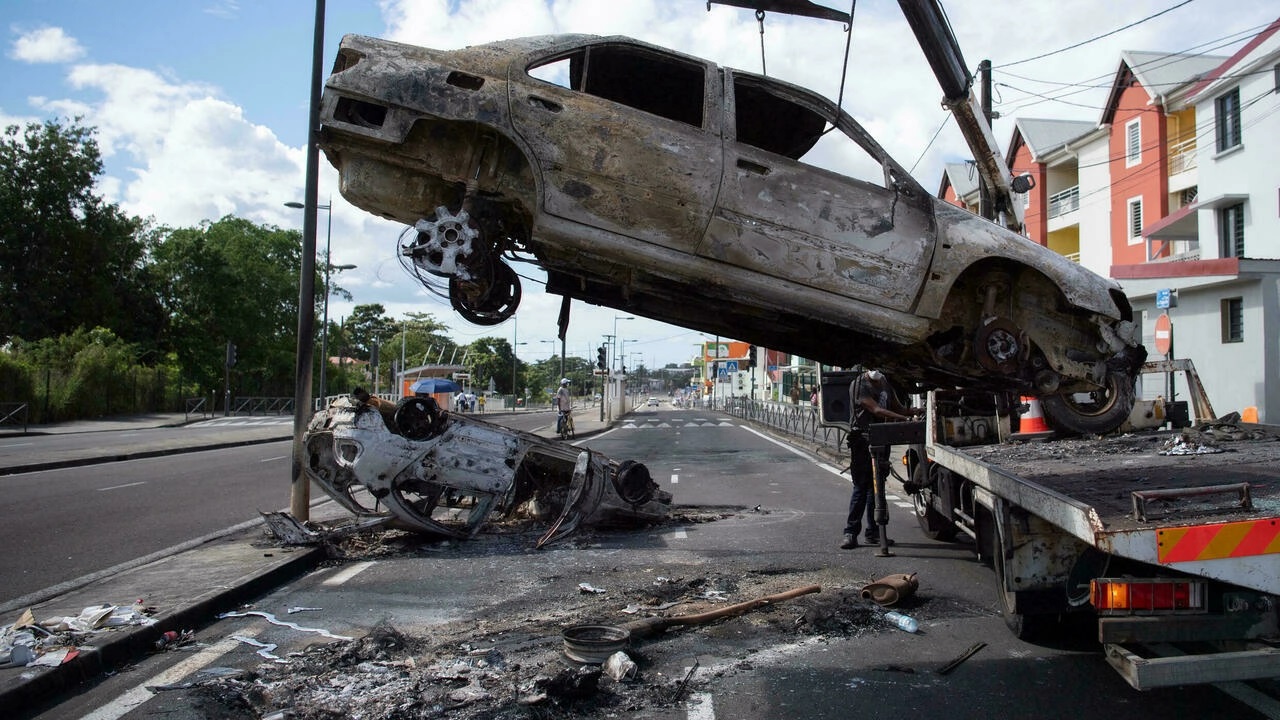Protests in Martinique, Guadeloupe over COVID-19 rules intensifies
The French Caribbean islands of Martinique and Guadeloupe have been confronted by escalating social unrest due to anger over the COVID-19 protocols such as ramping up the vaccination drive.
On Thursday, France 24 has reported that angry protesters have “looted shops and set up burning barricades overnight” in Martinique, quoting France Info in their article.
Protesters targeted a shopping centre and left the building with a load of goods. Others placed burning barricades on the roads.
The police have been attempting to restore calm after several nights of demonstrations and violent clashes in the island. The COVID-19 regulations was the trigger of a much deeper issue in Martinique—the high cost of living, unemployment, low salaries, and the mistrust on the government in Paris.
On Monday, a general strike happened in spite of the preventive measures of security forces and firefighters in Martinique, which happened a week after a similar shutdown began in Guadeloupe. No casualties were reported.
Meanwhile, the curfew that was in place in Guadeloupe since the protests began has been extended, according to a separate report by The Guardian.
Reports said that some 90 protesters were arrested in recent days, with some brazen enough to throw petrol bombs at police in Basse-Terre, the island’s main city.
The Caribbean islands, known collectively as the Antilles, are struggling with a new coronavirus infections that have prompted tourism-reliant economies to implement lockdowns and flight cancellations.
The compulsory vaccinations have angered the public because of a sensitive issue that has caused a reasonable mistrust over government science.
“In one of France’s biggest health and safety scandals, the insecticide chordecone was used from 1973 to 1993 on banana plantations in Martinique and Guadeloupe, exposing a significant part of the population to health dangers and related cancers and polluting the soil,” The Guardian article explained. “The product was banned in the US in 1976 and in France in 1990, but special provisions were made for its continued use in the Caribbean territories until 1993.”



